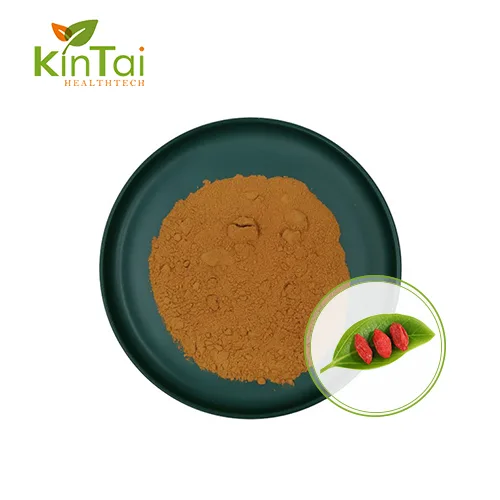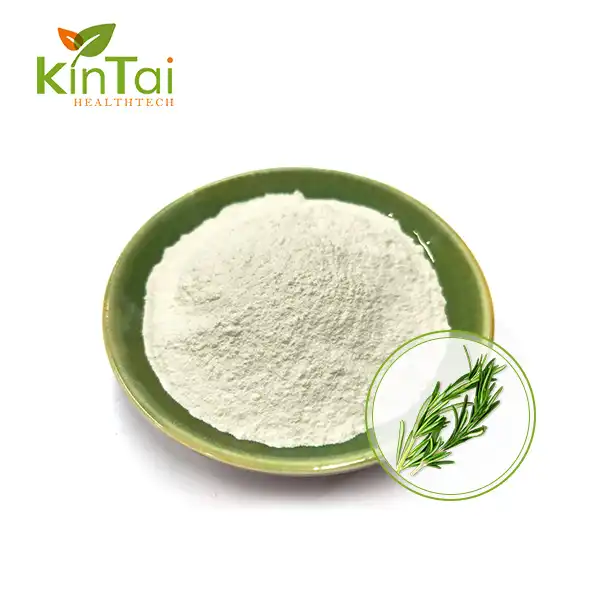What Does Magnolia Extract Do For Skin?
2024-10-22 11:51:52
Magnolia extract has gained significant attention in the skincare industry due to its numerous benefits for the skin. Derived from the bark of the magnolia tree, this natural ingredient has been used for centuries in traditional medicine and is now making waves in modern skincare formulations. Magnolia extract is known for its potent antioxidant, anti-inflammatory, and anti-aging properties, which can help improve overall skin health and appearance. In this blog post, we'll explore the various ways magnolia extract can benefit your skin and answer some common questions about its use in skincare products.
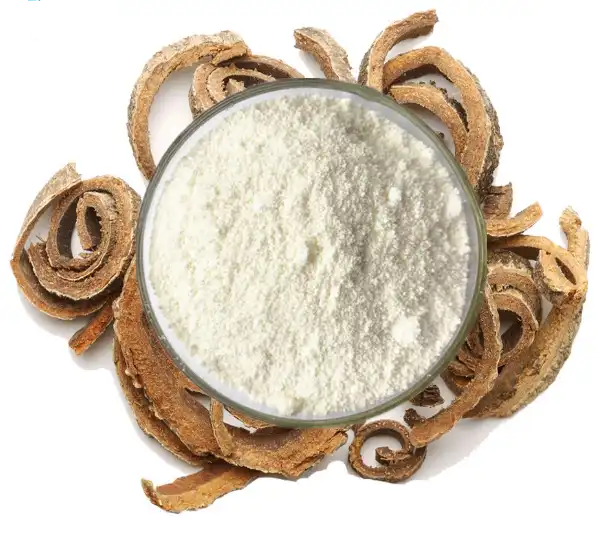
How does magnolia extract reduce inflammation in the skin?
One of the most significant benefits of magnolia extract for the skin is its powerful anti-inflammatory properties. Inflammation is a common underlying factor in many skin concerns, including acne, rosacea, and signs of aging. Magnolia extract contains compounds called magnolol and honokiol, which have been shown to effectively reduce inflammation in the skin.
These compounds work by inhibiting the production of pro-inflammatory molecules in the skin, such as cytokines and prostaglandins. By reducing inflammation, magnolia extract can help calm irritated skin, reduce redness, and alleviate symptoms associated with various skin conditions. This makes it an excellent ingredient for those with sensitive or reactive skin types.
Furthermore, the anti-inflammatory properties of magnolia extract can also help in the treatment of acne. Acne is often accompanied by inflammation, which can lead to redness, swelling, and discomfort. By reducing this inflammation, magnolia extract can help soothe existing breakouts and prevent new ones from forming.
In addition to its direct anti-inflammatory effects, magnolia extract also has antioxidant properties that can indirectly reduce inflammation in the skin. Antioxidants help neutralize free radicals, which are unstable molecules that can cause oxidative stress and inflammation in the skin. By scavenging these free radicals, magnolia extract helps protect the skin from environmental stressors that can lead to inflammation and premature aging.
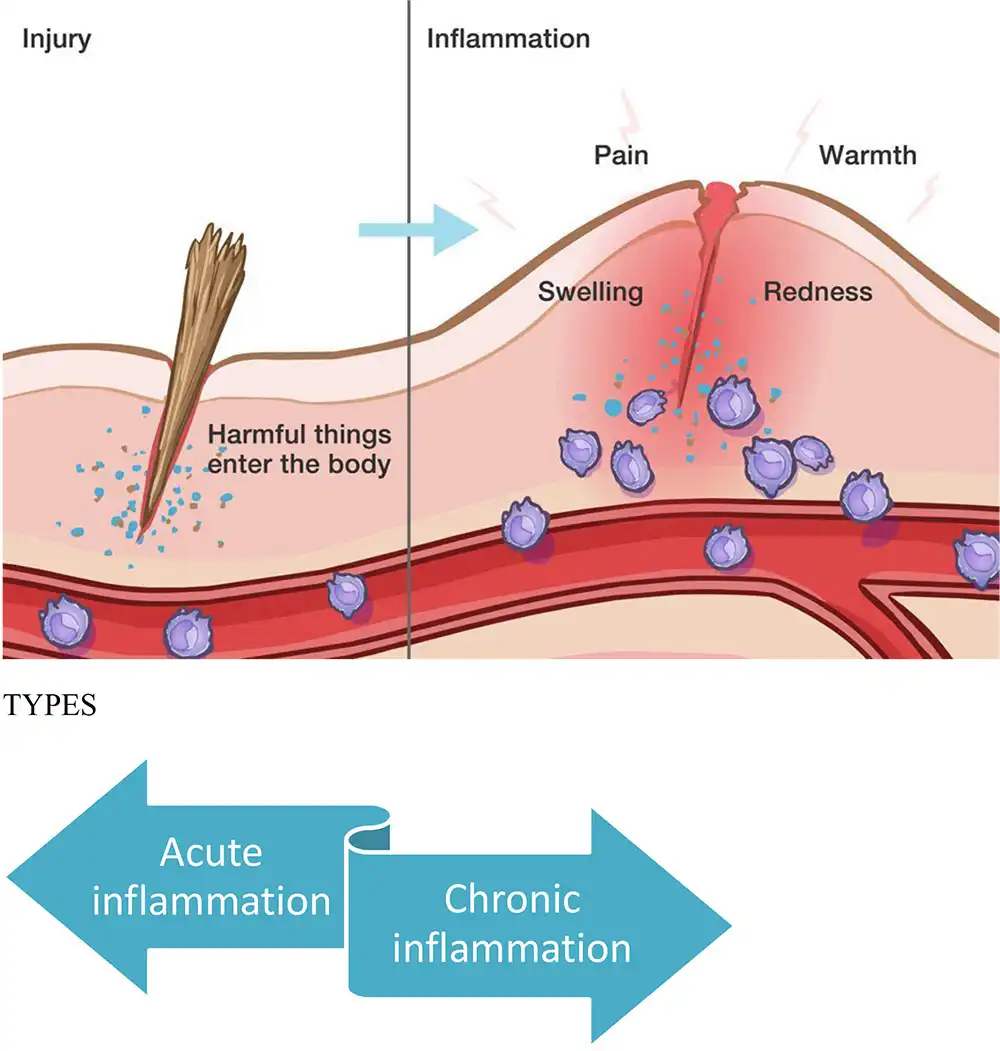
Research has shown that magnolia extract's anti-inflammatory effects are comparable to those of some synthetic anti-inflammatory compounds, but without the potential side effects. This makes it a safe and effective natural alternative for managing skin inflammation and promoting overall skin health.
Can magnolia extract help with anti-aging skincare?
Magnolia extract has gained popularity in anti-aging skincare due to its ability to combat various signs of aging. The natural compounds found in magnolia extract work synergistically to address multiple aspects of skin aging, making it a valuable ingredient in age-defying skincare formulations.
One of the primary ways magnolia extract helps with anti-aging is through its potent antioxidant properties. As mentioned earlier, antioxidants help protect the skin from free radical damage, which is a major contributor to premature aging. Free radicals can break down collagen and elastin, the proteins responsible for keeping our skin firm and elastic. By neutralizing these free radicals, magnolia extract helps preserve the skin's structural integrity and prevent the formation of fine lines and wrinkles.
Magnolia extract also has the ability to stimulate collagen production in the skin. Collagen is essential for maintaining skin elasticity and firmness, but its production naturally decreases as we age. By promoting collagen synthesis, magnolia extract can help improve skin texture, reduce the appearance of fine lines, and enhance overall skin firmness.
Another way magnolia extract contributes to anti-aging skincare is through its ability to improve skin barrier function. A strong skin barrier is crucial for maintaining hydration and protecting the skin from environmental stressors. As we age, our skin barrier can become compromised, leading to increased moisture loss and greater susceptibility to damage. Magnolia extract has been shown to strengthen the skin barrier, which can help improve skin hydration, reduce the appearance of fine lines, and enhance overall skin resilience.
Furthermore, magnolia extract has been found to have a brightening effect on the skin. It can help even out skin tone and reduce the appearance of age spots and hyperpigmentation, which are common concerns in aging skin. This brightening effect is attributed to magnolia extract's ability to inhibit tyrosinase, an enzyme involved in melanin production.

The combination of these anti-aging benefits makes magnolia extract a versatile and effective ingredient in skincare products targeting mature skin. Whether used in serums, creams, or masks, magnolia extract can help address multiple signs of aging simultaneously, contributing to a more youthful and radiant complexion.
What skin types benefit most from using magnolia extract?
Magnolia extract is a versatile skincare ingredient that can benefit a wide range of skin types. However, certain skin types may find it particularly beneficial due to its unique properties and effects on the skin.
Sensitive skin types often struggle to find suitable skincare ingredients that won't cause irritation or adverse reactions. Magnolia extract is an excellent option for those with sensitive skin due to its gentle nature and anti-inflammatory properties. It can help soothe and calm irritated skin, reduce redness, and alleviate discomfort associated with sensitivity. The natural compounds in magnolia extract work to strengthen the skin barrier, which is often compromised in sensitive skin types, helping to improve overall skin resilience and reduce reactivity over time.
Individuals with acne-prone skin can also greatly benefit from magnolia extract. Its anti-inflammatory properties help reduce the redness and swelling associated with acne breakouts, while its antibacterial effects can help combat acne-causing bacteria. Additionally, magnolia extract's ability to regulate sebum production can be particularly beneficial for those with oily or combination skin types, helping to balance oil levels and prevent clogged pores that can lead to acne.

Mature skin types can reap significant benefits from magnolia extract due to its potent anti-aging properties. As discussed earlier, it helps combat various signs of aging, including fine lines, wrinkles, and uneven skin tone. The antioxidant properties of magnolia extract make it particularly valuable for those exposed to high levels of environmental stressors, such as pollution or UV radiation, which can accelerate skin aging.
Dry and dehydrated skin types can also benefit from magnolia extract's ability to improve skin barrier function and enhance hydration. By strengthening the skin barrier, it helps prevent moisture loss and improves the skin's ability to retain hydration. This can lead to a more plump, supple, and radiant complexion.
Even normal skin types can benefit from the overall skin-enhancing properties of magnolia extract. Its ability to protect against free radical damage, improve skin texture, and promote a healthy glow makes it a valuable addition to any skincare routine.
It's worth noting that while magnolia extract is generally well-tolerated by most skin types, individuals with specific skin conditions or allergies should always perform a patch test before incorporating any new ingredient into their skincare routine. Additionally, consulting with a dermatologist can help determine if magnolia extract is suitable for your specific skin concerns and needs.
In conclusion, magnolia extract offers a wide range of benefits for the skin, from reducing inflammation and combating signs of aging to improving overall skin health and appearance. Its versatility makes it a valuable ingredient for various skin types and concerns, contributing to its growing popularity in the skincare industry. Whether you're looking to soothe sensitive skin, fight acne, or address signs of aging, magnolia extract may be the natural solution you've been searching for.
Kintai Healthtech Inc. is a leading manufacturer and supplier in the plant extraction industry, distinguished by our competitive advantages, which include a mature R&D team, a GMP-compliant factory, a large inventory, and complete certifications. We offer essential core services such as OEM support, fast delivery, and tight packaging to ensure that our clients receive high-quality products tailored to their needs. Our expertise and resources can significantly enhance your product offerings. For more details, please consult us at info@kintaibio.com. We look forward to the opportunity to work with you!
References:
- Lee, Y. J., et al. (2011). Therapeutic applications of compounds in the Magnolia family. Pharmacology & Therapeutics, 130(2), 157-176.
- Shen, J. L., et al. (2010). The use of magnolol and honokiol in dermatology. Journal of Dermatological Science, 57(2), 81-86.
- Rao, S., et al. (2015). Magnolia extract, magnolol, and metabolites: Activation of cannabinoid CB2 receptors and blockade of the related GPR55. ACS Medicinal Chemistry Letters, 6(9), 996-999.
- Choi, Y. H., et al. (2008). Magnolia officinalis inhibits tumor cell growth and invasion by affecting the Akt/NF-κB and MAPK signaling pathways. Molecular Carcinogenesis, 47(5), 366-376.
- Chuang, D. Y., et al. (2013). Magnolia polyphenols attenuate oxidative and inflammatory responses in neurons and microglial cells. Journal of Neuroinflammation, 10(1), 15.
- Kim, Y. J., et al. (2012). Magnolol inhibits the inflammatory response in mouse mammary epithelial cells and a mouse mastitis model. Inflammation, 35(5), 1699-1706.
- Shen, J. L., et al. (2012). Honokiol and magnolol as multifunctional antioxidative molecules for dermatologic disorders. Molecules, 17(4), 4277-4291.
- Chen, C. R., et al. (2011). Magnolol, a major bioactive constituent of the bark of Magnolia officinalis, induces sleep via the benzodiazepine site of GABA(A) receptor in mice. Neuropharmacology, 61(1-2), 185-193.
- Lin, S. P., et al. (2013). Magnolol suppresses proliferation of cultured human colon and liver cancer cells by inhibiting DNA synthesis and activating apoptosis. Journal of Cellular Biochemistry, 114(4), 889-898.
- Zhang, J., et al. (2015). Magnolol inhibits the inflammatory response in mouse mammary epithelial cells and a mouse mastitis model. Inflammation, 38(1), 16-26.

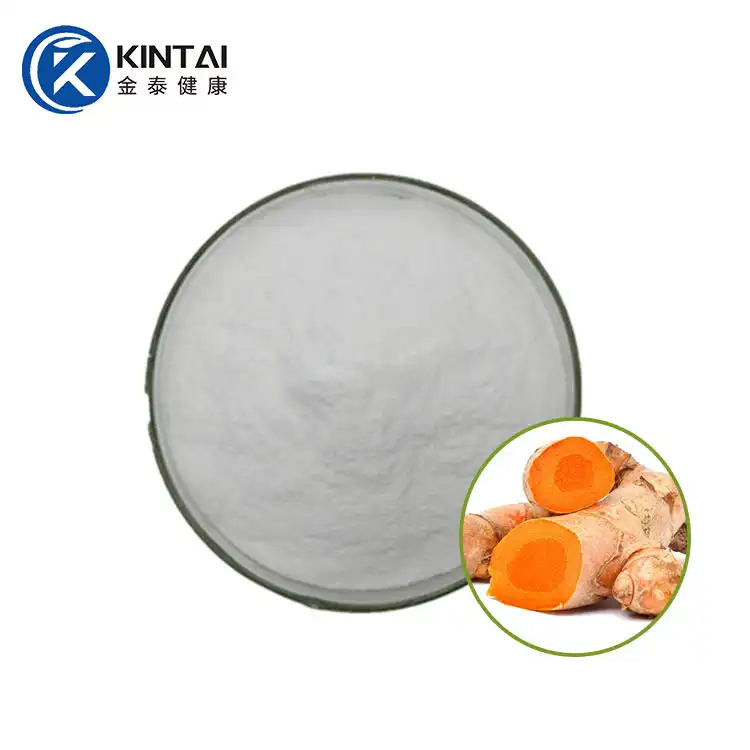
_1759042872414.jpg)
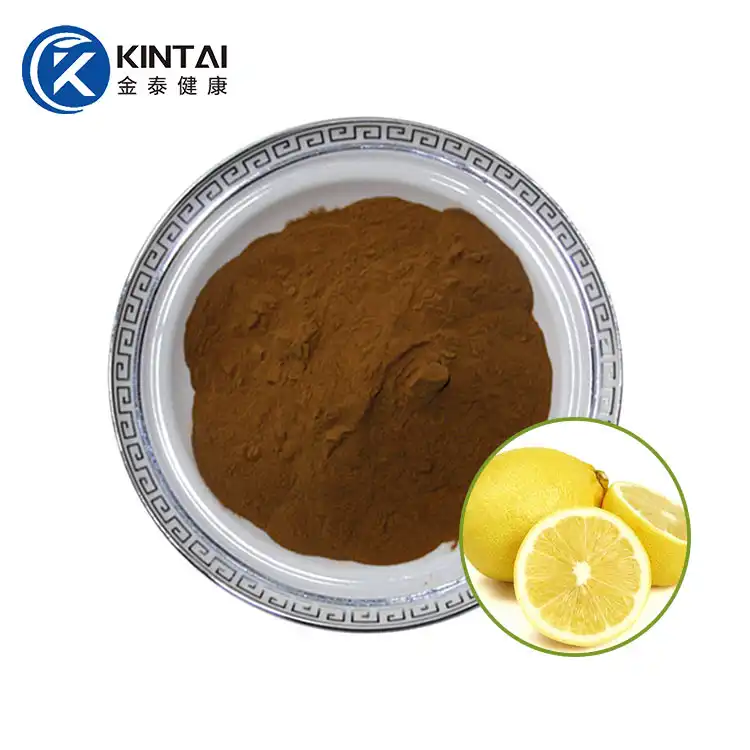
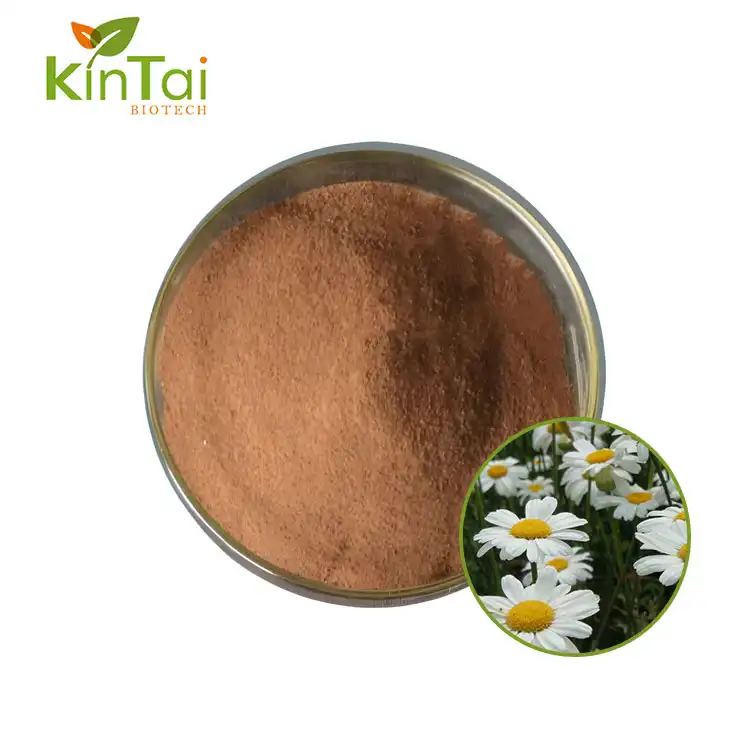

_1768532054958.jpg)
